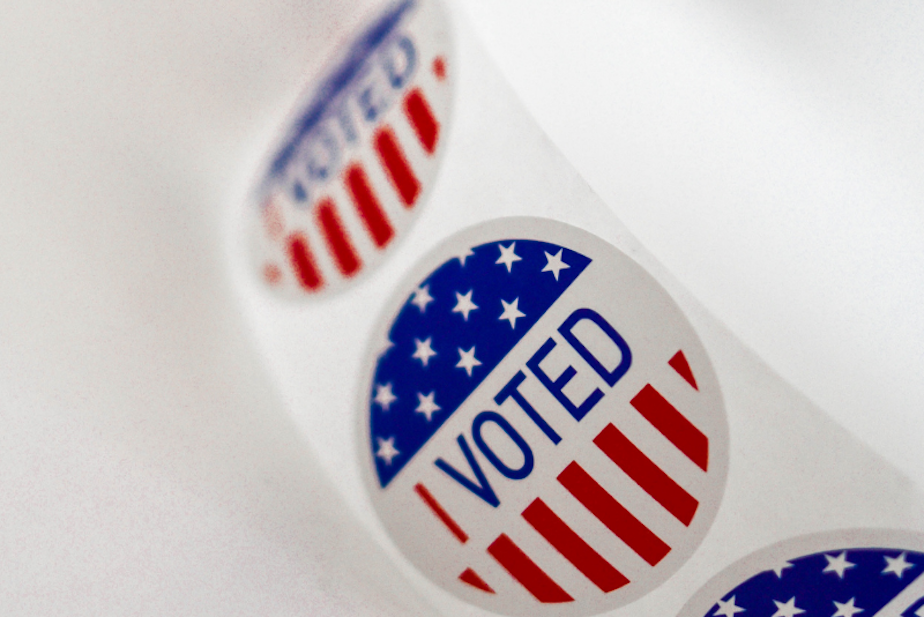What Washington's SoS candidates think of ranked-choice voting

The two candidates vying to become Washington's next secretary of state are sharing their views on rank-choice voting, and they don't agree.
Democrat Steve Hobbes and Pierce County Auditor Julie Anderson (running as an independent) will be on the November ballot for the job. They squared off in a debate Wednesday, hosted by the Association of Washington Business.
Anderson says she supports a bill in the Legislature that allows for local communities to adopt ranked-choice voting, if they want.
“Ranked-choice voting is coming to Washington state and I don’t know which local jurisdiction it’s going to land first, but what I do know is that we need a secretary of state that’s not going to stick their head in the sand and who will get ahead of this," Anderson said.
Hobbs, however, said he doesn't support ranked-choice voting, at this point. He argues that it would further undermine trust in elections and can be hard to understand, especially for people like this mom, who is an immigrant, and his son who has developmental disabilities.
Sponsored
“What I would ask the advocates, is to just take a pause; take a moment because there are effects to this that you’re not thinking about — negative effects that affect communities of color and people with developmental disabilities," Hobbs said.
Hobbs is Washington's current secretary of state. He was selected by Gov. Jay Inslee to fill the role after former Secretary of State Kim Wyman left the job to work for the Biden administration.
Voters in a ranked-choice system rank their candidates in order of preference, instead of just choosing one. Then there is a runoff process to select the ultimate winner.
In Seattle, two twists to the city's election system will be up for voter consideration on the November ballot, one of which is ranked-choice voting. That measure is being put forth by the Seattle City Council. Another idea on the ballot will be "approval voting," which also allows voters to pick more than one candidate. The two candidates with the most votes move forward.
Ranked-choice voting is already used for elections in the United States. Alaska and Maine both use it for state and federal elections. New York City used it for its last mayoral primaries. And Minneapolis uses it for city races.
Sponsored
Todd Donovan, a political science professor at Western Washington University in Bellingham, recently told KUOW's Soundside that ranked-choice voting has "its strengths and weaknesses like any election system."
"I think that the argument that you can get a majority winner that better represents voter preferences is maybe one of the main arguments people have," he said.
Former Secretary of State Kim Wyman told KUOW's Bill Radke in 2021 that she's not an opponent of ranked-choice voting, but was against a previous bill to develop such a system at the time (she said it lacked specifics on how to implement the system). She said her priority is ensuring people have confidence in the state's election system.
Dyer Oxley contributed to this report.


